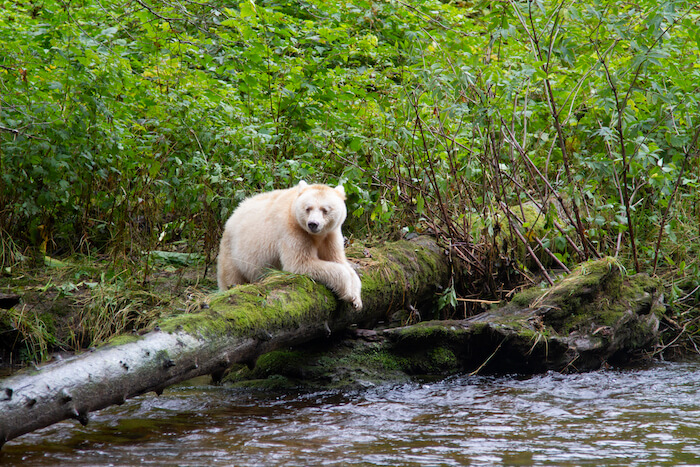Latest News
- Carney names new Canadian ambassador to US: former BlackRock executive
- Canadian Health Minister Says US Health Institutions Can No Longer Be Trusted
- Ontario's Most Dangerous Winter Roads; No, the 401 Isn't at the Top
- 'Truly a Christmas miracle': Black bear cub survives burns in northern British Columbia
- Mexico seizes Olympic medals, motorcycles in massive operation, possibly in pursuit of Canadian fugitive Ryan Wedding
Latest Ads
-
Jasmine Jewel
Call
-
Omidan group
Call
-
Amir Madanpour
Call
-
Dimo studio
Call
-
Yorkacademy
Call
-
Maryambagheri
Call
-
Shishlix Restaurant
Call

Carbon offsets are helping protect B.C.'s Great Bear Rainforest. But is that sustainable?
Decarbonizations help protect British Columbia's Great Rainforest, a coastal temperate rainforest of unparalleled ecological importance. However, some environmental groups and sustainability tools rely on carbon offsets to protect this valuable issue.
Decarbonisations are credits we can buy to offset the release of greenhouse gases, such as carbon dioxide, into the atmosphere. These credits can be generated through activities including renewable energy projects, energy efficiency and conservation initiatives.
In the Great Rainforest, decarbonisation is done by the Coastal Tribes, a group of tribal communities that have traditionally held sway over the land. They have developed sustainable forestry practices, reduced logging activities and created protected areas in the rainforest. In exchange for this conservation research, they sell carbon offsets to companies and organizations willing to offset their emissions.
The sale of carbon offsets is a vital source of income for coastal tribes, whose communities they support and can protect themselves. These revenues also reduce dependence on logging and other unsustainable practices.
However, some argue that relying on carbon offsets to protect the Great Rainforest is not a long-term sustainable solution. They point out that decarbonization is based on the assumption that rainforests continue to directly store carbon dioxide, which can be caused by climate change, fires or other factors.
In addition, they argue that reliance on decarbonizations diverts resources away from factors that would reduce emissions at source. They believe that spending money on offsets can lead to laxity and inaction in solving the root causes of climate change.
Finally, the question of whether decarbonizations can protect large-scale rainforests remains a matter of debate. If you use all the immediate facilities for them, it can be justified that they can be useful to protect this. More comprehensive quests to mitigate and combat climate change are needed to ensure the long-term health of the great forest and the planet as a whole.
news source
Suggested Content
Latest Blog
Login first to rate.
Express your opinion
Login first to submit a comment.
No comments yet.


































